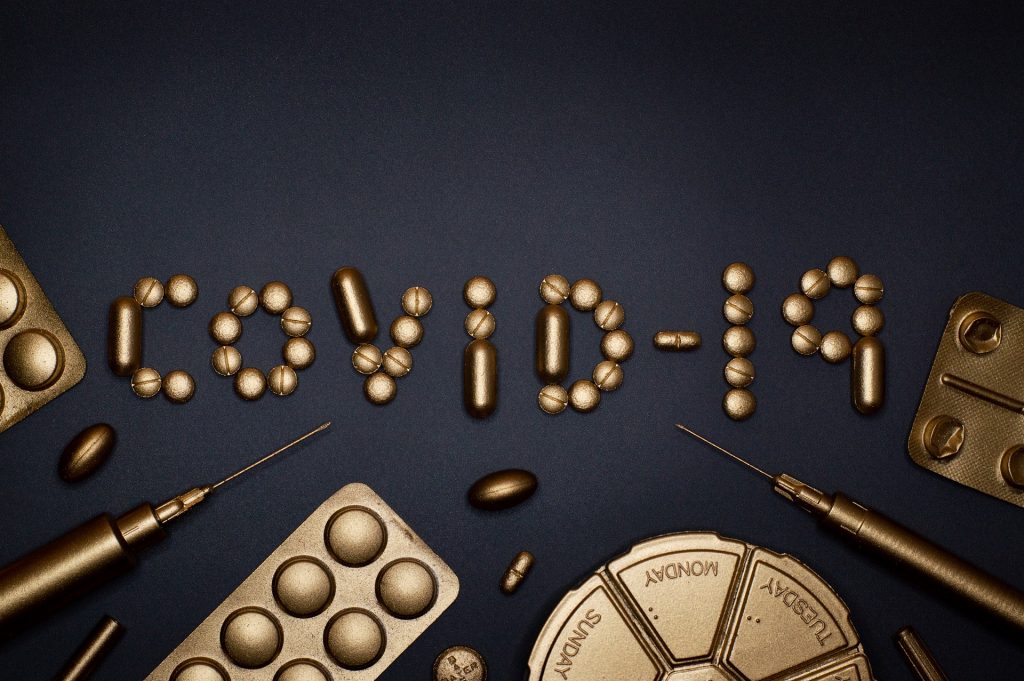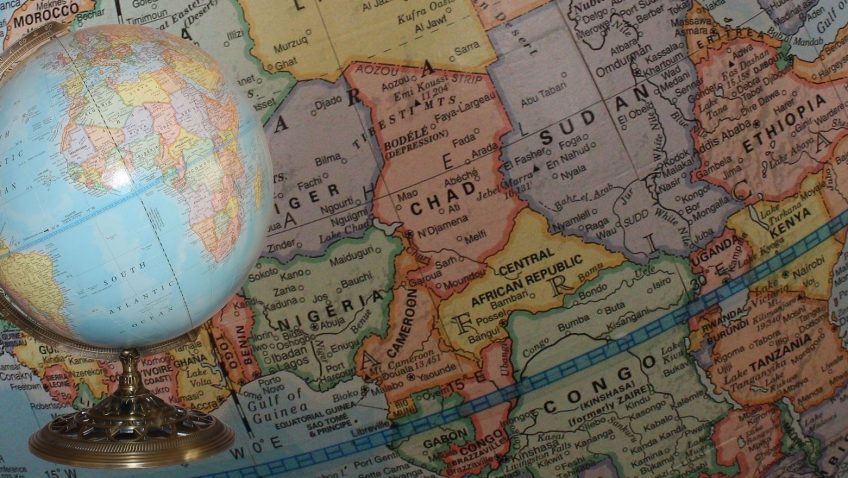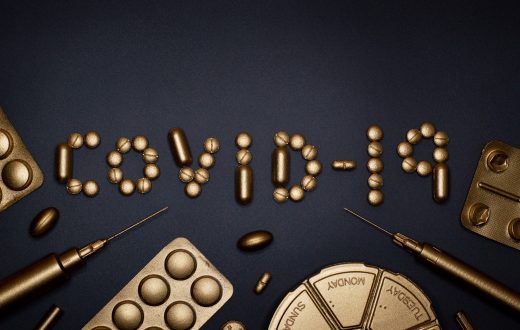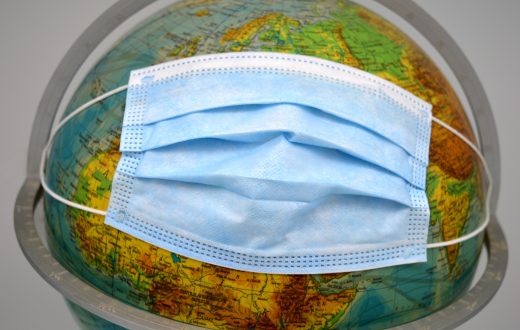It had not been long into 2020 when the world was hit by COVID 19, from Wuhan, China. Italy, and Brazil residents were posting videos on social media portraying what a lockdown looked like, while the rest of the world sending sympathizing.
Not too long after we were all in the same situation. The virus continued to spread, while one continent remained a major concern for health officials — Africa.

It is no news that Africa’s health care sector is not as effective, and this lack was a reason for concern. Senegal in West Africa had only 4 ventilators as of April 2020, while the Central African Republic had only 3; the entire content was ill-equipped with less than 2,000 working ventilators.[1] However the situation has not been as bad as experts predicted it to be. As of May 23, 2020, there were 104,279 cases, 3,185 mortalities, and 41,717 recoveries: a mortality rate of 0.031%.[2] The figure begins to come to light when you compare it with the stats from the United States Center for Disease Control and Prevention who has a mortality rate of 0.059% as of May 23, 2020.
The health care sector is already occupied with malaria and other infectious diseases. Statistics from the population pyramid shows that individuals aged 0-50 years make up 92% of the population. [3] It is believed that age is the major factor contributing to the low mortality rate on the continent. Although, that does not control for the incidence rate, and the government officials would need to divert more resources to the health care sector that has been long neglected to prevent mitigate further risks. The issue here resides in trust as many people on the continent believe the pandemic is a hoax and attempt by the foreign officials to gain more control in the continent.
Information sharing from foreign medicals has previously been asymmetric, or withheld from the indigenes, along with unethical experiments carried out within the continent. In 1996, Pfizer conducted an unethical drug trial of Trovafloxacin in Kano, Nigeria on 100 children, 5 who died.[4] This is one of many cases that has contributed to the mistrust of foreign health officials by the people, and this carries on to COVID 19. The president of Tanzania submitted secret samples to be tested for the COVID 19 virus that were expected to be negative, however, the test came back positive. These samples were from a papaya fruit, a goat, and a quail.[5] This sparked further concerns about the legitimacy of the COVID 19 pandemic within the country. The results might be due to an error of false positives, or inefficient testing mechanisms; these do not denote a presence or absence of the virus.
There is doubt of the existence of the coronavirus in some communities, superstitious beliefs, and an inefficient healthcare system. The issue is as complex as it gets, and the impact COVID can have on the continent( despite the seemingly low number) is still substantial.
[1] https://www.nytimes.com/2020/04/18/world/africa/africa-coronavirus-ventilators.html
[2] https://africacdc.org/covid-19/
[3] https://www.populationpyramid.net/africa/
[4] https://www.nytimes.com/2020/05/17/world/africa/coronavirus-kano-nigeria-hotspot.html
[5] https://globalnews.ca/news/6910821/coronavirus-papaya-goat-tanzania/








